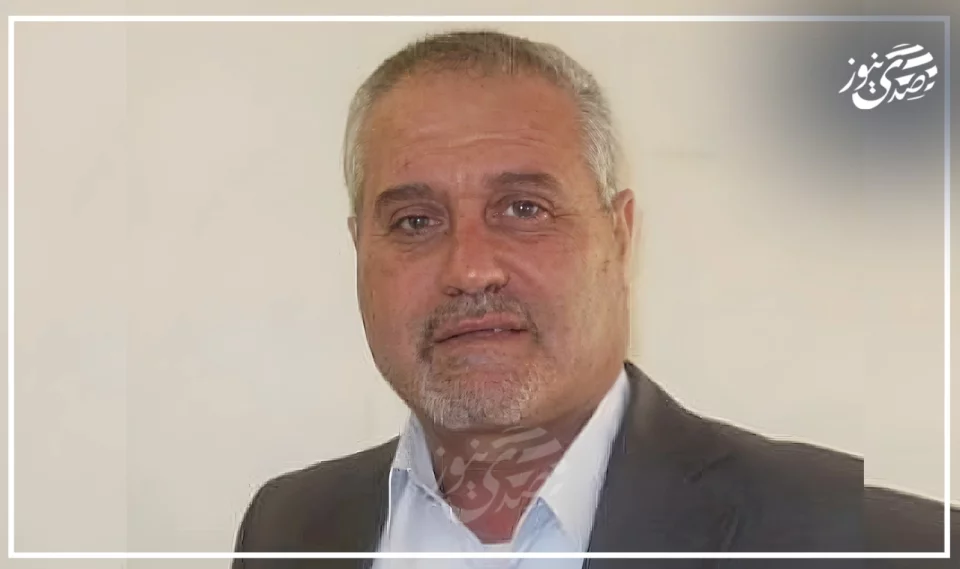
The 'Kindest Judge' in the World
Images and recordings have spread on social media showing American judge Frank Caprio, who served as the chief judge in Providence, Rhode Island, and has been dubbed the "kindest judge" due to his compassionate rulings, particularly for those committing minor infractions, especially in traffic cases.
Caprio did not issue his rulings in a dry legal manner, but rather considered the human aspects of each case. He empathized with the poor and low-income individuals, waived late fees and penalties for some, and took into account the circumstances of those caring for elderly parents or who had not yet adjusted to local laws.
In many cases, he expressed appreciation for defendants of minor violations due to their engagement in daily humanitarian acts, such as caring for the disabled or the elderly.
Here lies the difference between a human judge who seeks to achieve justice and a judge who applies the law out of vengeance, or seeks to impose the maximum damage on offenders, destroying their lives and filling the state budget at the expense of the people.
Caprio achieved the necessary discipline while simultaneously supporting and encouraging the positive aspects of humanity.
Millions of people around the world loved him and followed him on social media before his illness. After he announced his cancer diagnosis, he was overwhelmed with wishes for recovery, and then condolences after his passing a week ago, leaving a beautiful humanitarian legacy shared by hundreds of millions.
Indeed, humanity needs judges of this kind not only in courtrooms but also in our daily lives and in our social and political judgments as well.
Caprio approached each case without prejudice or tension, and did not separate results from their causes, as often happens in modern justice systems.
Let us recall an example from our history: Caliph Omar ibn al-Khattab suspended the punishment for theft in "the year of hunger," when people were struck by severe hunger, leading some to steal to feed themselves or their children. Omar did not impose the penalty because the hungry should not be punished for stealing their daily sustenance.
Meanwhile, in occupied Palestine, anyone resisting the occupation – even with stones – is classified as a terrorist and tried under laws designed to serve the occupation and suppress the population beneath it. In contrast, settlers commit the most heinous acts of terrorism: from expelling residents from their homes, stealing their lands, to physical assaults and even murder. Yet, they remain unaccountable.
The "civilized" laws ignore the primary cause of all violence and focus only on reactions. Worse still, some blame the victims themselves and hold them responsible for the violence inflicted upon them.
It is the right of victims to ask those who condemn them: What path do you propose for us to protect ourselves, our lands, and our possessions from confiscation and expulsion? How do we protect our children?
The occupation judges a young man who defended his land with stones to years in prison, while the "democratic" media labels him a terrorist, merely because he threw a stone at a military vehicle!
No people engage in violence for amusement; rather, there are circumstances, pressures, and prolonged oppression that lead to what is referred to as extremism. But separating results from their causes is an old policy aimed at imposing the justice of the strong over the weak and distorting the image of the victim to turn them into an aggressor or criminal.
This narrative is adopted by a significant portion of the society that practices oppression and supports the occupation, and it deceives some external public opinion, and sometimes even the victims themselves, leading some to echo this narrative for narrow political goals: to absolve themselves of the duty to resist injustice, or to justify their betrayal and collaboration with the occupation.
The lesson we learn from Judge Frank Caprio is not to separate crime or incidents from their circumstances and context. How much more so if this incident is a reaction from a people defending their existence in their homeland?
Hundreds of millions remembered the kind judge from diverse nationalities because people, everywhere, aspire to a more compassionate world, free from the distortions created by politics, and from those who build their glories and riches on the pains and wounds of humanity.

The Lie of Separating Art from Politics...

Between Excuse and Decision... Who Accounts for the Blood of Palestinians?

Rafah Crossing: The Myth of "Voluntary Displacement" and American Guardianship Under Inter...

Forbidden Recovery

Are Consensus Lists Unconstitutional? The Duty of the State

Even 60% is Not Guaranteed: 172,000 Palestinian Employees on the Edge of Collapse... Time...

Hamas Between British and American Peace Brigades

